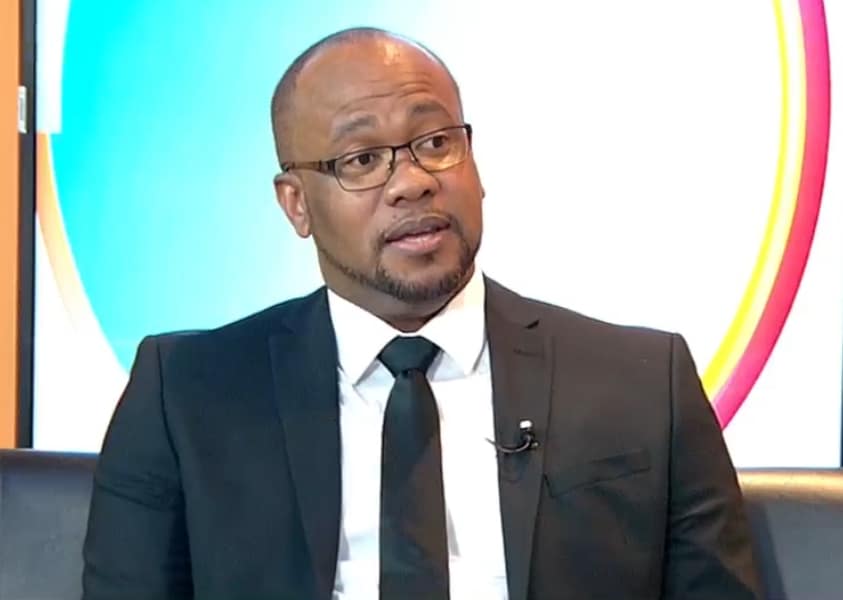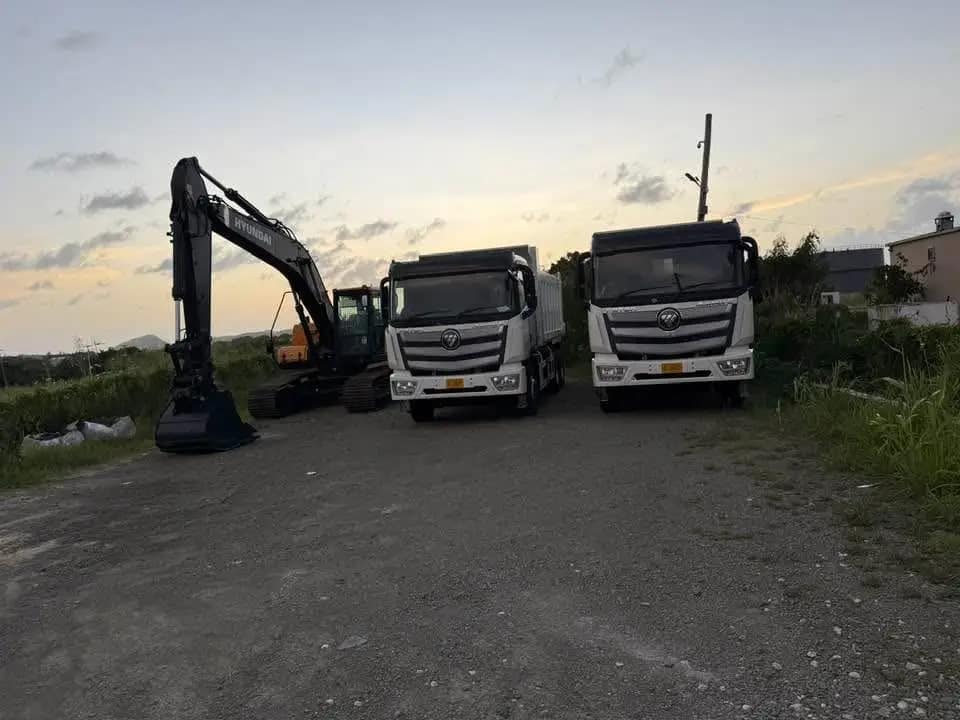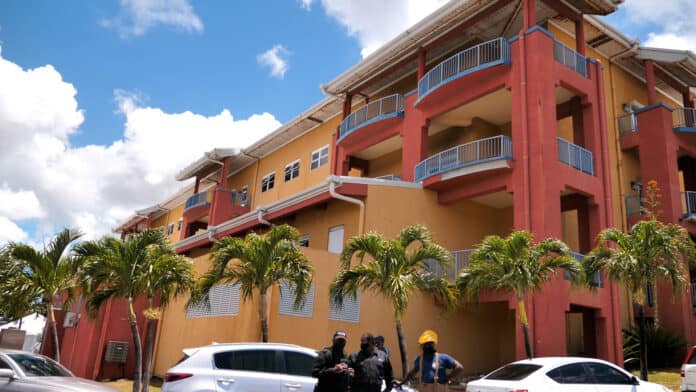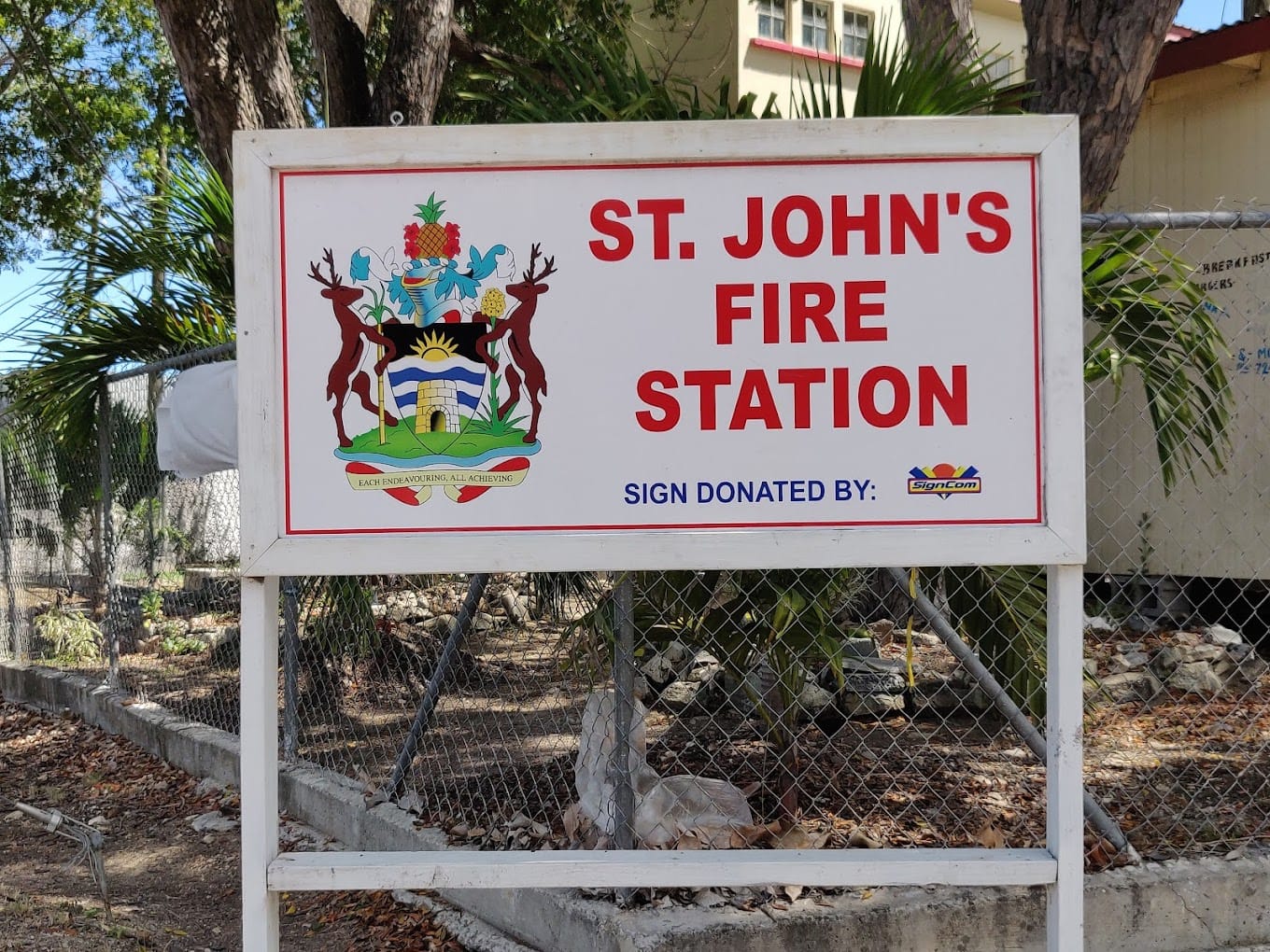In a recent development, law enforcement authorities have announced a notable rise in robbery arrests and convictions over the past few weeks. Despite this progress, police are urging the public to remain vigilant and actively participate in crime prevention efforts. During Thursday’s post-Cabinet press briefing, Maurice Merchant, Director General of Communications, highlighted that while robberies remain a pressing concern, the police have made significant strides in apprehending offenders. ‘With the increase in robberies, the police are also reporting an increase in convictions and the apprehension of perpetrators,’ Merchant stated. He emphasized the need for a shift in focus towards deterrence and community involvement, stating, ‘They now need to focus on prevention, not simply acting after the fact. Prevention takes the buy-in of all of us… see something, say something.’ Merchant advised residents to stay alert, particularly when conducting business or parking in isolated or poorly lit areas, as public awareness can significantly reduce opportunities for criminal activity. Authorities have also pledged to enhance collaboration with communities to bolster neighborhood watch programs and improve response times.
分类: society
-

Social Security in the sun: Using your U.S. benefits to retire in the Dominican Republic
For many Americans, the idea of retiring in the Dominican Republic is no longer just a dream but an attainable and affordable reality. With over 700,000 Americans receiving Social Security benefits abroad in more than 180 countries, the Dominican Republic has emerged as a top destination for retirees seeking a lower cost of living and a slower pace of life. The country’s tropical climate, vibrant culture, and ease of managing U.S. benefits make it an attractive option for those looking to stretch their retirement dollars. From the mountain views of Jarabacoa to the coastal tranquility of Punta Cana, retirees can enjoy a high quality of life while making their Social Security payments go further. The U.S. Social Security Administration (SSA) approves the Dominican Republic for receiving benefits abroad, ensuring retirees can access their funds seamlessly. To manage payments, most retirees maintain a U.S. bank account and transfer funds as needed, though opening a local account in pesos or U.S. dollars is also an option. Popular banks like Banreservas, Banco Popular, and Scotiabank support international transactions, making financial management straightforward. Retirees can also minimize transfer fees by using services like Wise, Remitly, or Xoom, which offer competitive exchange rates and low fees. The cost of living in the Dominican Republic is significantly lower than in the U.S., with a single retiree living comfortably on $1,500–$2,000 per month and couples budgeting around $2,500. Rent in mid-sized cities like Santiago averages $850–$1,100, while smaller towns offer even more affordable options. Fresh local produce and dining out are inexpensive, though imported goods tend to be pricier. Healthcare is high-quality and far more affordable than in the U.S., adding to the appeal. Retirees can also explore residency options through the Pensionado visa, which requires a guaranteed monthly income of at least $1,500. Many retirees are choosing to purchase property in full-service residential communities, which offer amenities like 24-hour security, pools, gyms, and beachfront access, often with tax incentives under the CONFOTUR law. For those considering this lifestyle, real estate professionals like Rosalyn Ortega-Elie of Smart Caribbean Properties provide guidance on selecting the right community and navigating the legal process of buying property abroad. With its affordability, beauty, and ease of living, the Dominican Republic is becoming an increasingly popular choice for Americans looking to retire in paradise.
-

MIVED raids Suplax store operating illegally after official closure
In a bold move to enforce regulatory compliance, officials from the Ministry of Housing and Buildings (MIVED) conducted an unexpected inspection at the Suplax store in Santo Domingo this Monday. The establishment, which had been officially shut down weeks prior, was found to be operating illegally, defying the closure order. The raid was prompted by an investigative report from N Digital, which exposed the store’s continued operations. Upon arrival, inspectors discovered dozens of employees and customers engaged in transactions, leading to chaos as individuals scrambled to exit the premises, some even attempting to conceal merchandise. MIVED authorities have declared that Suplax will face severe penalties for its blatant disregard of the closure mandate and violations of building and business regulations. The ministry emphasized its unwavering commitment to upholding the law across the nation and issued a stern warning that unauthorized reopening of closed establishments will result in stringent legal consequences.
-
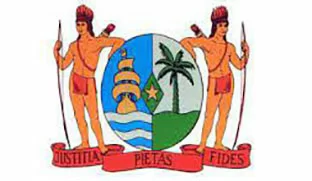
Column: Gedeelde verantwoordelijkheid: de lijm van onze toekomst
A nation with a shared past and a shared future also bears a shared responsibility. This is not merely an ideal but an indispensable necessity. The choices we make, the leaders we elect, and the way we interact with each other and our environment shape not only our lives but also the lives of future generations. Surinamers, we are collectively responsible for the direction our country takes. This responsibility extends beyond the political arena to our daily interactions with our elders, the care we give to our natural environment, and the nurturing of our youth. These are all pieces of a larger mosaic in which each of us plays a role. Avoiding this responsibility means undermining the very foundation of our society. Leadership is a shared duty. We choose our leaders, but they act on our behalf. Therefore, we cannot merely point fingers at politicians; we must also look inward. Are we the examples we expect from our leaders? Do we listen to each other, even when opinions differ? Do we make space for the voices of the vulnerable? Do we cherish the earth that sustains us and protect the heritage that has shaped us? This responsibility is especially palpable as our country reflects on 50 years of independence. Fifty years of building together, of struggle and progress, but also of lessons and challenges. This anniversary is a moment of reflection: what have we endured together, what have we achieved together, and what legacy are we leaving for those who follow us? It is a reminder that our future is not guaranteed but is the result of our collective efforts. This is particularly relevant as a new economic future dawns with the promise of an oil boom. While this development could bring prosperity and growth, its success depends on our collective care and responsibility. It requires sustainable thinking, fair distribution, and the preservation of our natural resources. Only by acting together, with consideration for both people and the environment, can we ensure that this new source of wealth becomes a blessing for everyone, now and in the future. Shared responsibility also means not turning a blind eye to the problems that affect us but tackling them together. Whether it’s social inequality, climate change, or raising children in an increasingly complex world, these challenges can only be overcome if we find common ground in our shared duty. Every individual, every community, every institution has a role to play. And it starts close to home. How do we treat our elders? With respect and care, or do we too often leave them to their fate? What do we do with the nature around us? Do we see it as an inexhaustible resource, or do we realize that our future depends on how we treat it? And most importantly, what values are we passing on to our children, who will carry our society forward? Shared responsibility is the glue that binds us. It is the understanding that we are stronger together, that our future is not the sum of separate individuals but of a collective that supports and challenges each other. It is a call to actively contribute to a society where everyone matters, where we learn from the past to create a just future. Without this shared responsibility, a nation loses its cohesion and, with it, its future. Therefore, let us not wait for others to act but start today—with small steps, with conscious choices. Together, we are the architects of tomorrow.

